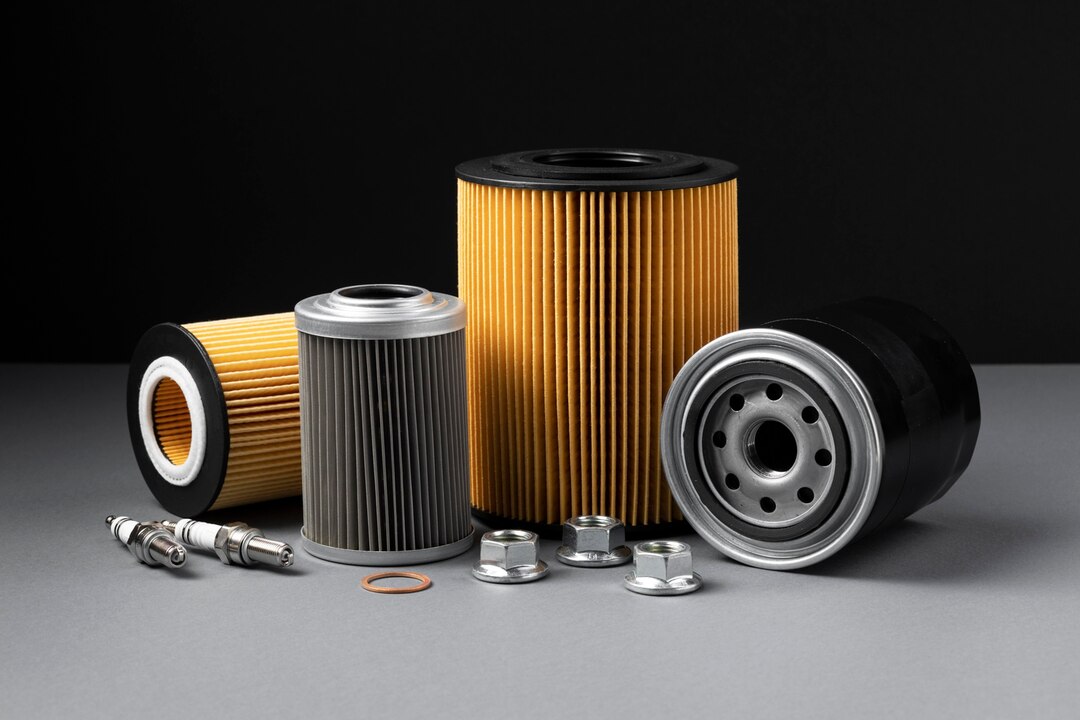The fuel filter is a vital component of your car’s fuel system, responsible for removing impurities and contaminants from the fuel before it reaches the engine. Over time, fuel filters can become clogged or dirty, hindering fuel flow and compromising engine performance. In South Africa, replacing a car fuel filter is a necessary maintenance task that ensures optimal fuel efficiency and engine operation. In this article, we’ll outline the process of replacing your car fuel filter, provide an estimate of the time it takes, and offer insights into the associated costs.
Assessment and Diagnosis:
Before replacing the fuel filter, it’s essential to conduct a thorough assessment and diagnosis to determine if it’s the source of any performance issues. Symptoms of a clogged or failing fuel filter may include engine misfires, hesitation during acceleration, decreased fuel efficiency, and difficulty starting the engine. A qualified mechanic will perform a diagnostic test and inspect the fuel filter for signs of contamination or blockage to confirm if replacement is necessary.
Locating the Fuel Filter:
The location of the fuel filter can vary depending on the make and model of your vehicle. In most cases, the fuel filter is located along the fuel line, either underneath the vehicle or near the fuel tank. Consult your car’s owner’s manual or seek guidance from a qualified mechanic to locate the fuel filter and access it safely.
Removal of the Old Fuel Filter:
Once the fuel filter has been located, the next step is to remove the old filter from the vehicle. This process involves relieving the fuel pressure in the system, disconnecting the fuel lines from the filter, and unbolting or releasing the filter from its mounting brackets. It’s essential to take precautions to prevent fuel spillage and ensure proper ventilation during this step.
Installation of the New Fuel Filter:
With the old fuel filter removed, the new filter can be installed in its place. Ensure that the new filter is the correct size and type for your vehicle’s make and model. Install the new filter in the correct orientation, reconnect the fuel lines, and secure the filter in place using mounting brackets or bolts. Double-check all connections to ensure they are tight and properly sealed to prevent leaks.
Testing and Verification:
Once the new fuel filter is installed, the vehicle must undergo testing and verification to ensure proper functionality and safety. This may include checking for fuel leaks, verifying fuel flow to the engine, and conducting a test drive to assess engine performance. Any issues or abnormalities discovered during testing should be addressed promptly to ensure the vehicle’s reliability and safety.
Timeframes:
The time it takes to replace a car fuel filter in South Africa can vary depending on factors such as the make and model of the vehicle, the accessibility of the fuel filter, and any additional repairs or adjustments that may be required. In general, the process can take anywhere from 30 minutes to a few hours, depending on the complexity of the job and the experience of the mechanic.
Cost Estimates:
The cost of replacing a car fuel filter in South Africa can vary depending on factors such as the make and model of the vehicle, the quality of the replacement filter, and the labor rates charged by the mechanic or repair shop. On average, the cost of replacing a fuel filter can range from R300 to R1000 or more, including parts and labor. It’s recommended to obtain quotes from multiple repair shops or mechanics to compare prices and ensure you’re getting a fair and reasonable estimate.
Replacing your car’s fuel filter in South Africa is a necessary maintenance task that ensures optimal fuel efficiency and engine performance. By understanding the process and estimating costs upfront, you can make informed decisions and maintain your vehicle’s reliability and safety for years to come. Whether you choose to tackle the job yourself or enlist the help of a qualified mechanic, replacing your car fuel filter is a worthwhile investment in the longevity and performance of your vehicle.











